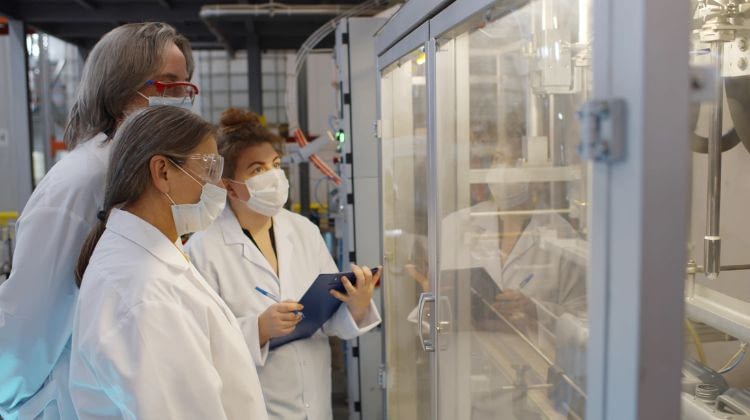
CLIA inspections help ensure your clinical lab’s compliance with regulatory requirements. Avoid making costly mistakes that could jeopardize your certification—use these five tips for preparing for a CLIA certification inspection.
1. Stay Ready With a CLIA Pre-Inspection Checklist
While CLIA certification inspections occur every two years, you could have an unannounced inspection at any time. Use a CLIA pre-inspection checklist regularly to make sure you keep your clinical lab in the best condition. The checklist should cover requirements for administration, personnel, written policies, quality assurance, testing records, equipment monitoring, and the lab testing area.
2. Prepare Personnel
CLIA inspectors can interview personnel and observe them performing any part of the testing process. Staff should answer inspectors honestly, so make sure all personnel know which kinds of questions they might need to answer to prove their knowledge. Conducting a mock inspection will help familiarize personnel with the inspection process.
3. Organize Detailed Documentation
The next tip for preparing for a CLIA inspection is to keep detailed documentation organized. To ensure compliance with CLIA requirements, you must provide inspectors with copies or exact duplicates of records and data.
You must retrieve the documentation within a reasonable amount of time during the inspection. Files on laboratory personnel, test procedure manuals, quality control records for the past two years, and testing records are just some of the documents you must be able to provide.
4. Perform Routine Quality Assessments
Perform routine quality assessments (QAs) to monitor the effectiveness of your lab’s quality management system. Collect and analyze data to determine how well the lab adheres to standards.
When parts of the system do not meet standards, create a report on the reasons for the failure. Implement corrective actions and later investigate the effectiveness of those actions. On the day of the inspection, provide your QA plan and documentation of implementation.
5. Hire an Inspection Preparation Consultant
One of the best ways to simplify the inspection process is to hire a consultant. Inspection preparation consultations are very important, and one of the tasks an inspection preparation consultant can perform is a thorough mock inspection.
A scientific team can conduct an on-site visit that uncovers deficiencies. The mock inspectors will give personnel an idea of what to expect from the actual CLIA inspection, and consultants can go over their findings with you to help develop a Plan of Required Improvement.